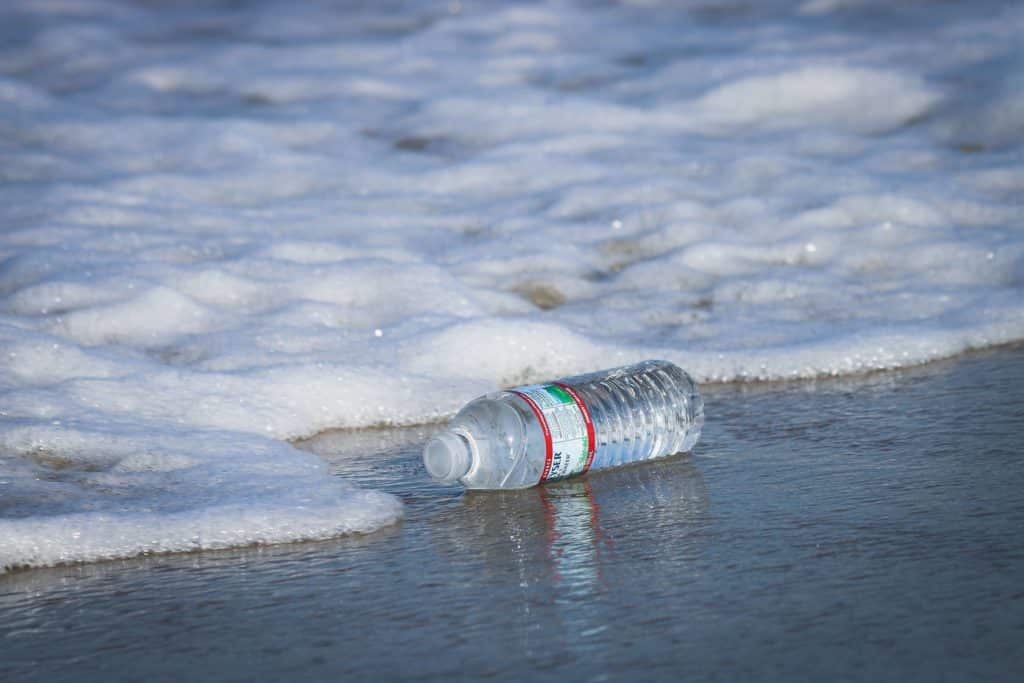During the COVID-19 pandemic, single use plastics have become more popular than ever as people panic buy disposable wipes, revert to buying food products wrapped in plastic and purchase takeaways from restaurants using disposable containers as they diversify to offer home deliveries. But amid the understandable concern over health and hygiene during the pandemic, the environmental problems caused by disposable plastic have taken a back seat; the increase in single-use plastics is understandable, but we need to think about the long-term health of our planet.
The war on single-use plastic stepped up in the last few years with the airing of David Attenborough’s Blue Planet II making a real impact on the way people think about plastic and packaging. More and more shoppers were opting for loose fruit and vegetables rather than purchasing pre-packed alternatives as well as taking their own re-usable bags to the shops.
Now, recent studies have shown that our efforts may be in danger of being reversed. What was once a sustainable alternative, loose produce has become less appealing as shoppers resist touching goods that may have been handled by somebody else. The closure of supermarket meat, fish and cheese counters has also had an impact as shoppers have little choice but to turn to the pre-packaged alternatives. A report released by BloombergNEF stated: “Concerns around food hygiene due to Covid-19 could increase plastic packaging intensity, undoing some of the early progress made by companies.” Researchers found the greatest spikes in demand for face masks and the thin film used in plastic wraps (source: Bloomberg Green).
Big brands have also back tracked on efforts to reduce the use of plastic packaging with Starbucks temporarily banning customers from bringing reusable coffee cups into stores and many supermarkets – as instructed by the Government – dropping the 5p charge for plastic bags used in online deliveries.
The Food Standards Agency (FSA) has attempted to re-assure the nation that the likelihood of catching Coronavirus from exposure to food packaging is extremely low. In a recent report, the FSA insisted: “It is very unlikely that you can catch Coronavirus from food. You should follow good hygiene and preparation practices when handling and eating raw fruit, leafy salads and vegetables. If you have been shopping, there should be no need to sanitise the outer packaging of food. This is because food businesses are required to have a system for managing food safety in place, which should include keeping packaging clean” (source: Gov.uk).
As lockdown restrictions start to ease and the UK workforce begins a gradual return to the workplace, now is the time for a fresh approach and to rebuild the momentum of the Blue Planet II effect. To mark World Environment Day on Friday 5th June 2020, we encourage you to think about how you, and your business, uses plastic and if you could dispose of the material more responsibly to help reverse the effect Coronavirus is having on the environment.
At DCW Polymers, we’ve invested £280,000 to bring a state-of-the-art plastic processing machine to the South West, helping Devon and Cornwall businesses to fight the war against plastics. This new machinery can process in excess of 100 tonnes of plastic a week.
Previously, plastics in the South West, especially bulky plastics, from both commercial and domestic sources were leaving the region, ending up in landfill. It was too expensive to process these materials responsibly outside of the region, mainly due to transportation costs.
Our new plastic processing technology can recycle specialist plastics as well as common industrial packaging, turning waste plastics back into plastic granules, which go back into the manufacturing process and reduce the need for virgin plastic products to be manufactured.
DCW Polymers’ mission is to recycle as much plastic waste as possible, encouraging South West businesses to adopt a sustainable approach to waste management and support DCW’s quest to develop a truly circular economy for plastics – which keeps plastic waste out of our waterways, oceans and environment.
Consumers and businesses may actively be turning to plastic packaging in light of the current situation, but by choosing to recycle your waste plastic with DCW Polymers, we can ensure that this plastic is processed and re-purposed responsibly.
If you’d like to learn more about how we manage and recycle plastics at DCW Polymers, click here or call 01392 537126.
